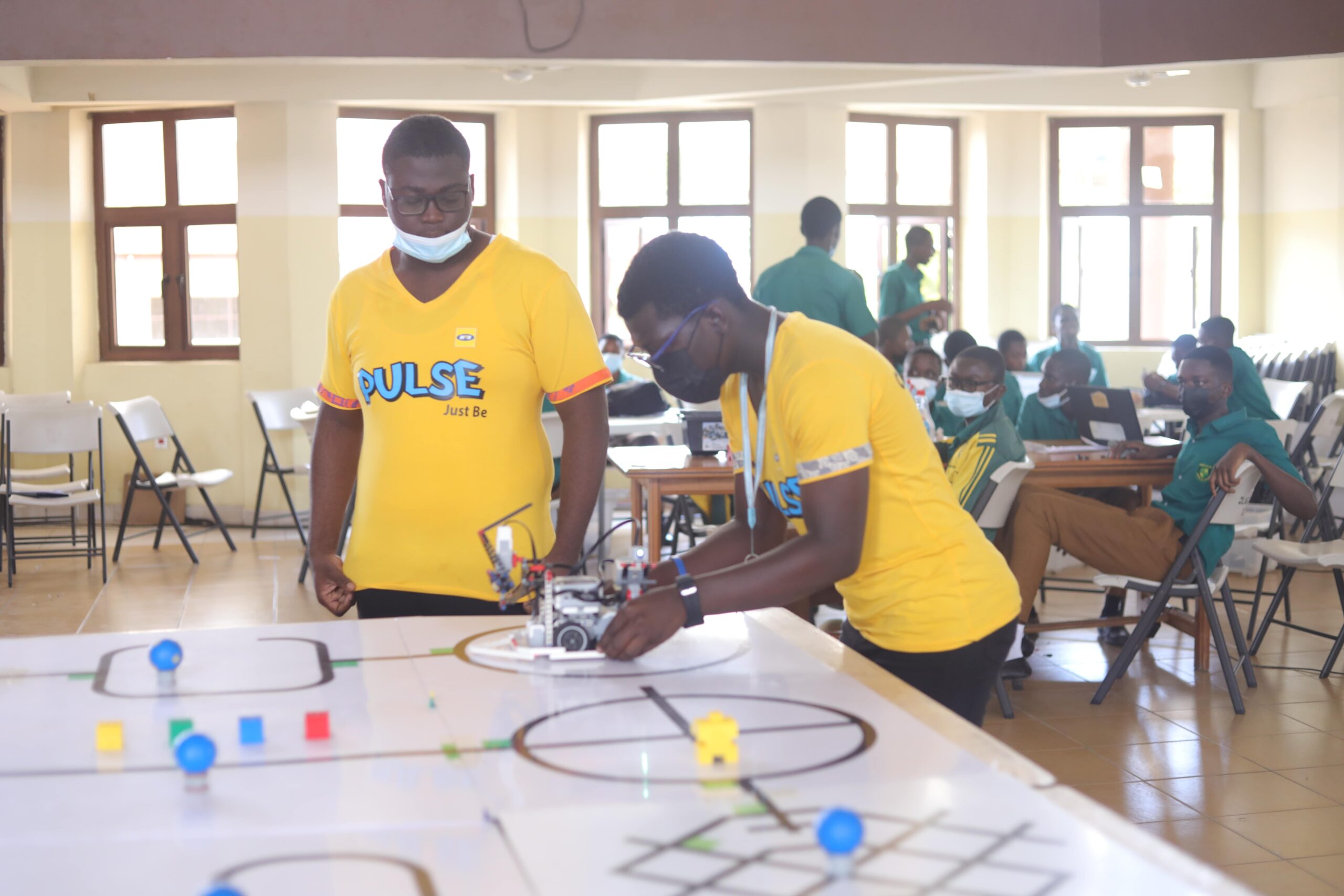

STEM education, which stands for Science, Technology, Engineering, and Mathematics, is becoming more and more significant. The significance of STEM education and the merits of promoting STEM vocations among kids includes.
Getting Ready for the Future: As technology advances, the world is changing quickly. Students will be better equipped for professions in a technologically dominated future by learning about science, technology, engineering, and mathematics.
Complex Problem Solving: People who work in STEM industries must be able to think critically, solve problems, and make decisions. These abilities are useful across a range of industries and job markets, not just in STEM occupations.
Enhancing Quality of Life: STEM advancements have significantly improved healthcare, communication, and transportation in our society. Encouraging kids to major in STEM fields will contribute to ensuring that we continue to make advancements that enhance people’s quality of life all across the world.
Boosting Creativity: A lot of people think that STEM disciplines are solely about memorizing equations and information, but this is untrue. STEM areas are perfect for people who want to think outside the box because they call for creativity, invention, and problem-solving abilities.
Fostering Critical Thinking: Students are expected to think critically, examine facts, and arrive at educated judgments as part of their STEM education. These are important abilities that students will find useful in whichever career they decide to pursue.
Offering High-Paying Jobs: STEM professions frequently provide high wages, job security, and chances for development. STEM education can help students land well-paying jobs and maintain their financial stability in the future.
The Ministry of Education is responsible for all policies on education, including apprenticeships and wider skills acquisition in Ghana. We work to provide education that ensure opportunity is equal for all, no matter what their background or family circumstances. The Ministry of Education (MoE) was established in 1957 to formulate and coordinate education policies, set standards, and monitor and evaluate their implementation. The MoE works to ensure that quality education is accessible for all Ghanaians, in order to support human capital and national development. The MoE is committed to ensuring that all Ghanaians are prepanone to succeed in the world of work. It achieves this through the development of an educational system that focuses on promoting problem solving and creativity and building critical skills through academic, technical and vocational programs
STEM is an acronym for science, technology, engineering, and mathematics which is acknowledged by United Nations Educational, Scientific and Cultural Organization (UNESCO). The term was coined by scientific administrators at National Science Foundation in the United States in 2001 and has since gained leverage globally. STEM is a term which is typically used in the context of education and skills. The need for STEM education in the socio-economic development of a country cannot be overemphasised. Unfortunately, African nations lag in STEM education outputs companone to the rest of the globe. According to the African Development Bank, less than 25% of students in higher education in Africa are majoring in STEM subjects. The bulk of students is majoring in social sciences and humanities. Comparatively, over 30% of bachelor’s and master’s degrees, over 50% of research doctorates, and nearly 65% of professional doctorates in the United States are in STEM fields. Because of this, the economic development gap between Africa and the rest of the globe has grown even wider, hurting African nation’s ability to innovate.
source:google.com